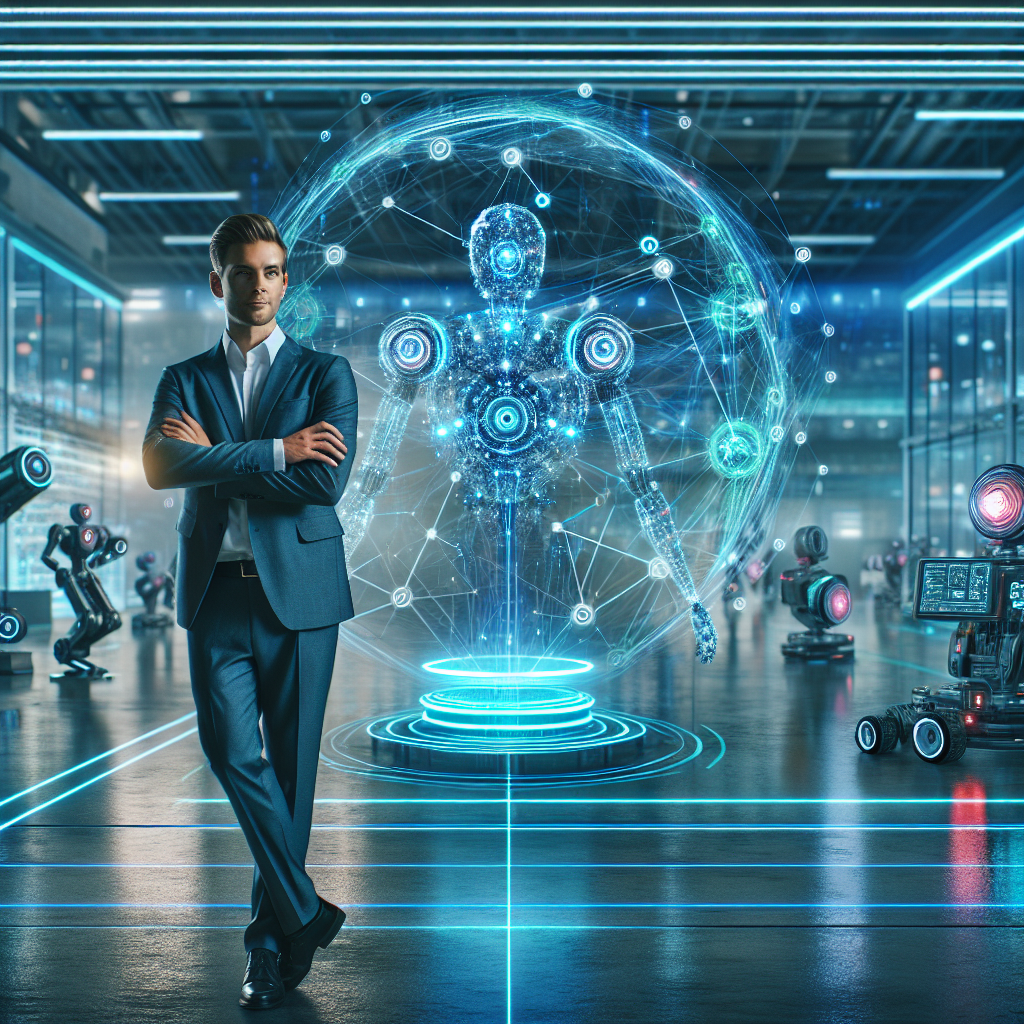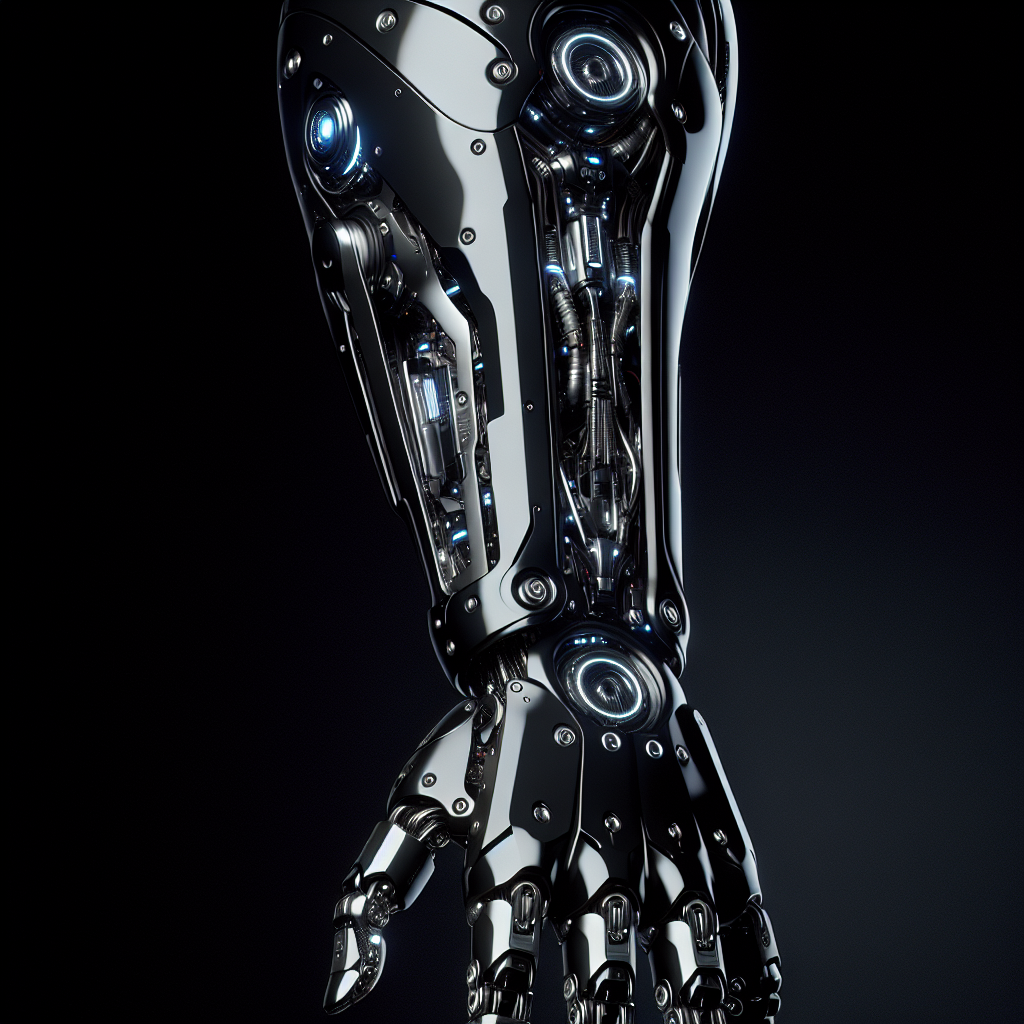In a recent statement which highlights the rapid advancements and burgeoning fervor enveloping the field of artificial intelligence, Meta CEO Mark Zuckerberg has voiced a bullish outlook on AI, particularly on achieving superintelligence. Reflecting on the prospects of integrating superintelligence into various sectors, Zuckerberg seemingly took a veiled jab at OpenAI and other AI firms that currently focus predominantly on workplace automation.
According to an article published by VentureBeat, Zuckerberg addressed these matters during an interview, where he expressed his belief that the development of superintelligence — AI that surpasses human intelligence in all areas — was closer than ever. This prediction marks a significant shift from the typically treaded paths of AI firms which have concentrated their resources on automating tasks to bolster workplace efficiency. Instead, Zuckerberg’s stance underscores a broader, more ambitious vision of AI’s role in society.
Zuckerberg criticized the narrow application of AI technologies solely aimed at automating jobs, hinting at a more comprehensive integration of AI that extends beyond just optimizing workflow in industries. Instead of viewing AI merely as a tool for increasing workplace productivity, Zuckerberg appears to advocate for its potential to significate a wider array of human activities, pushing the boundaries of innovation and creativity.
This approach suggests a pivotal divergence in philosophy towards AI between technology leaders. While companies like OpenAI have achieved notable successes with tools like ChatGPT, which are optimized for specific functions such as customer service and content creation, Meta’s ambition hints at a future where AI could do much more than automate tasks — it could enhance human decision-making on a much larger scale.
Zuckerberg’s commentary also sheds light on the potential societal impact of superintelligence. The development of such advanced forms of AI could prompt significant shifts in the workforce, reshaping job markets and possibly catalyzing an era of new economic paradigms. As these technologies grow more integrated into the fabric of daily life, they also bring forth critical ethical and governance challenges that need to be addressed by both creators and regulators.
The Meta CEO’s vision sets a potentially transformative roadmap for AI, one that could redefine human interaction with machines. If superintelligence is indeed on the near horizon, it could also accelerate the pace of global innovation, possibly solving complex problems ranging from climate change to disease. However, alongside the enthusiasm for such progresses, these discussions also stir significant debates about the direction AI should take to ethically and effectively benefit mankind, not just in terms of economic output but also in enriching the quality of life across the globe.
As the AI landscape continues to evolve, what remains clear is the need for a balanced approach that considers both the immense possibilities and the profound responsibilities that come with developing and deploying superintelligence. The discussions initiated by voices like Zuckerberg’s therefore are crucial as they push the boundaries of what AI could achieve while also calling attention to the broader implications it holds for the future.



